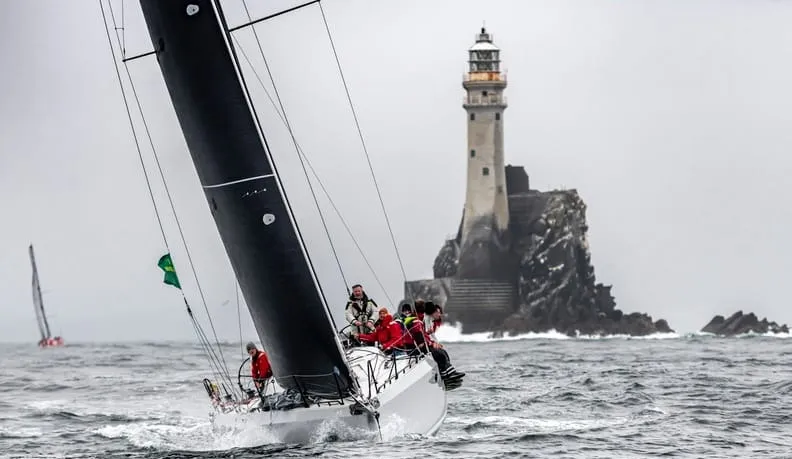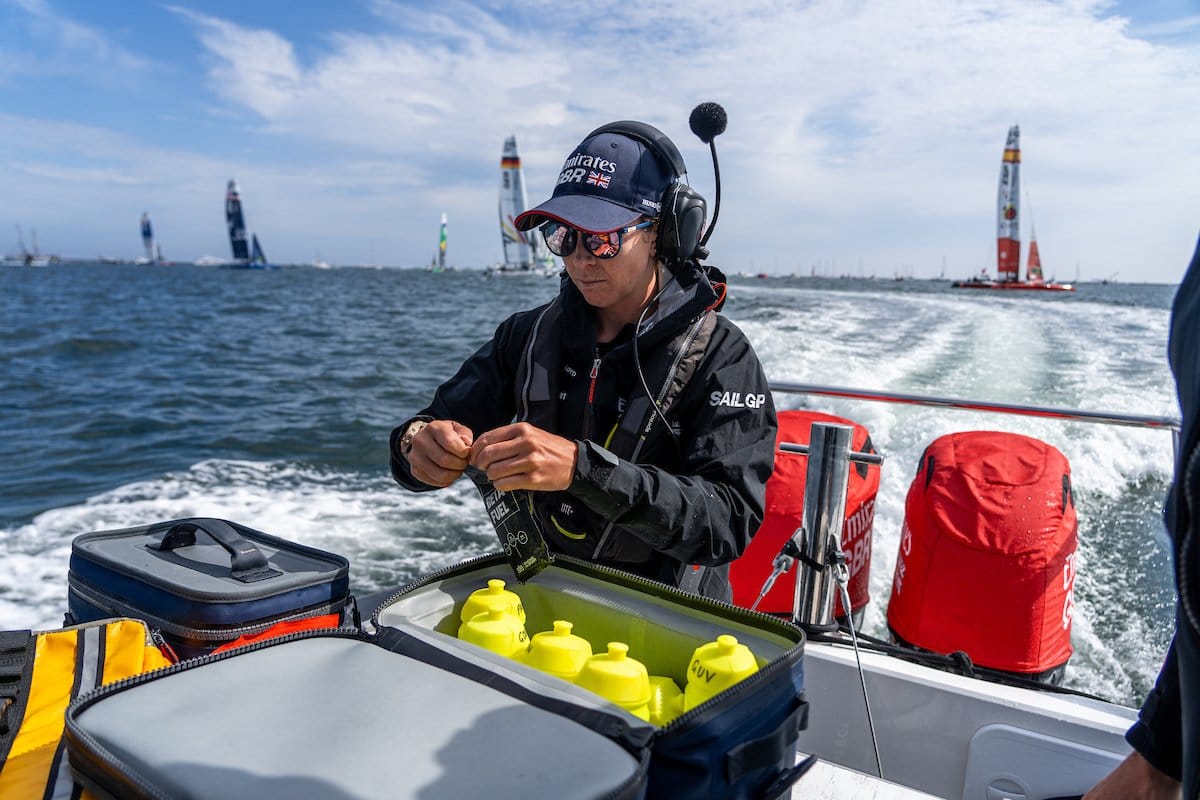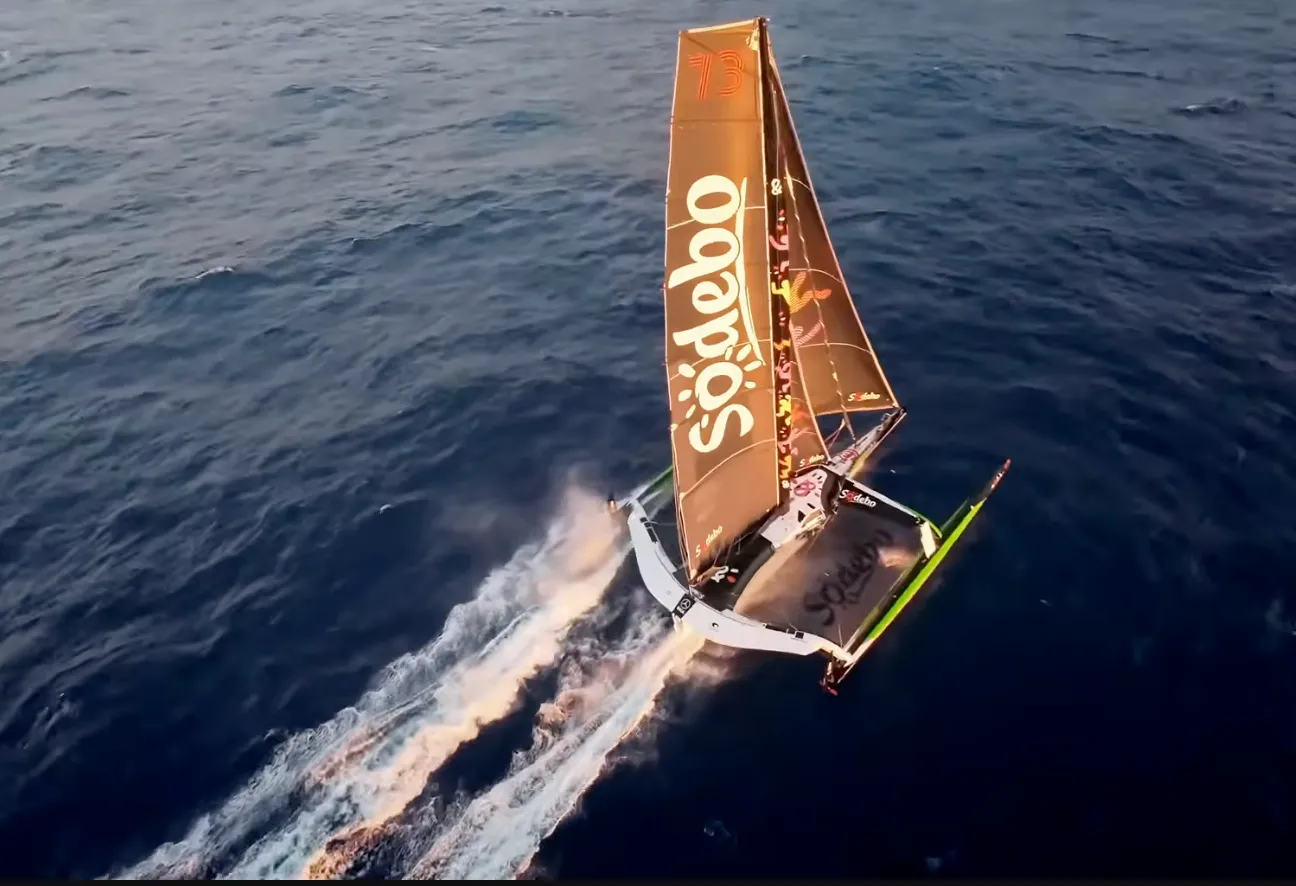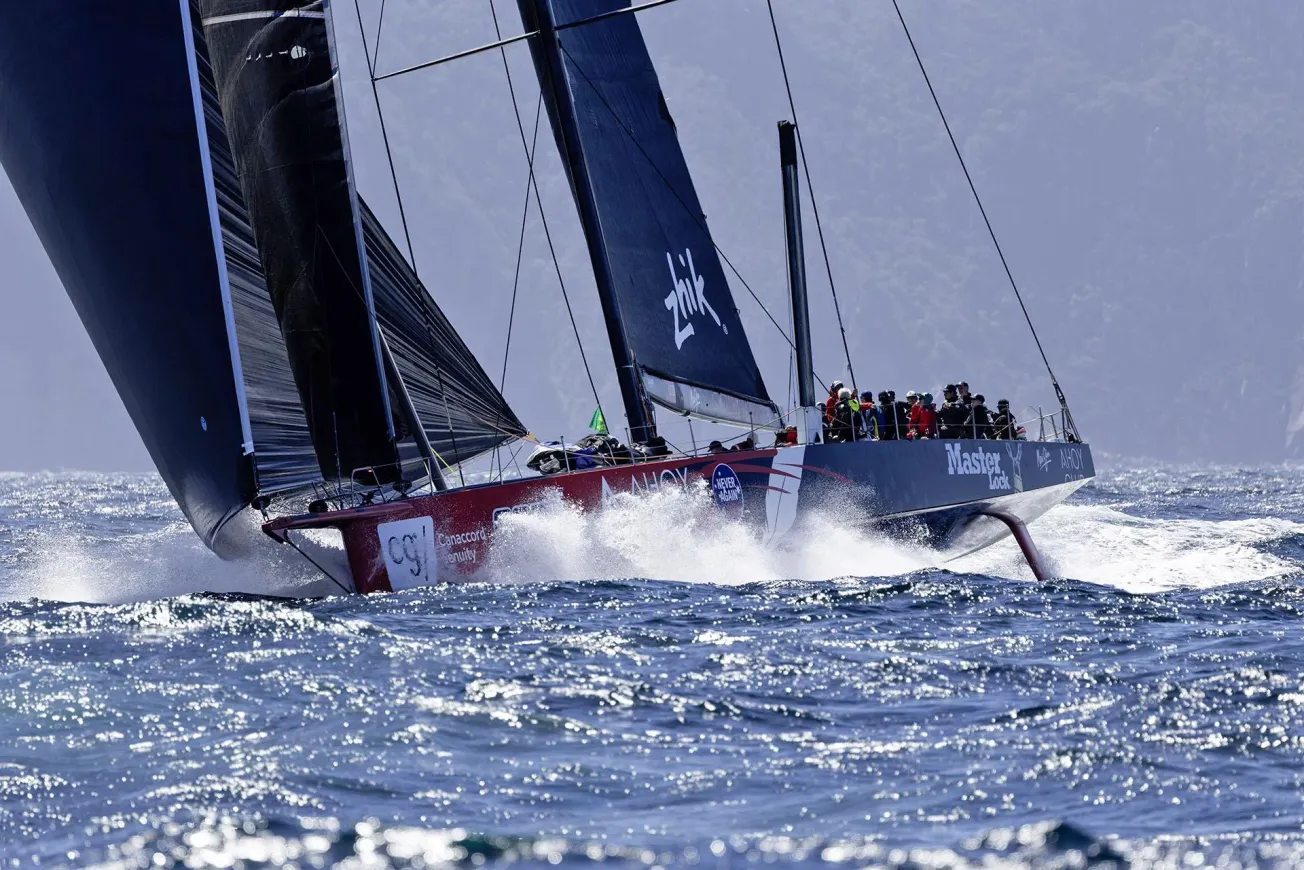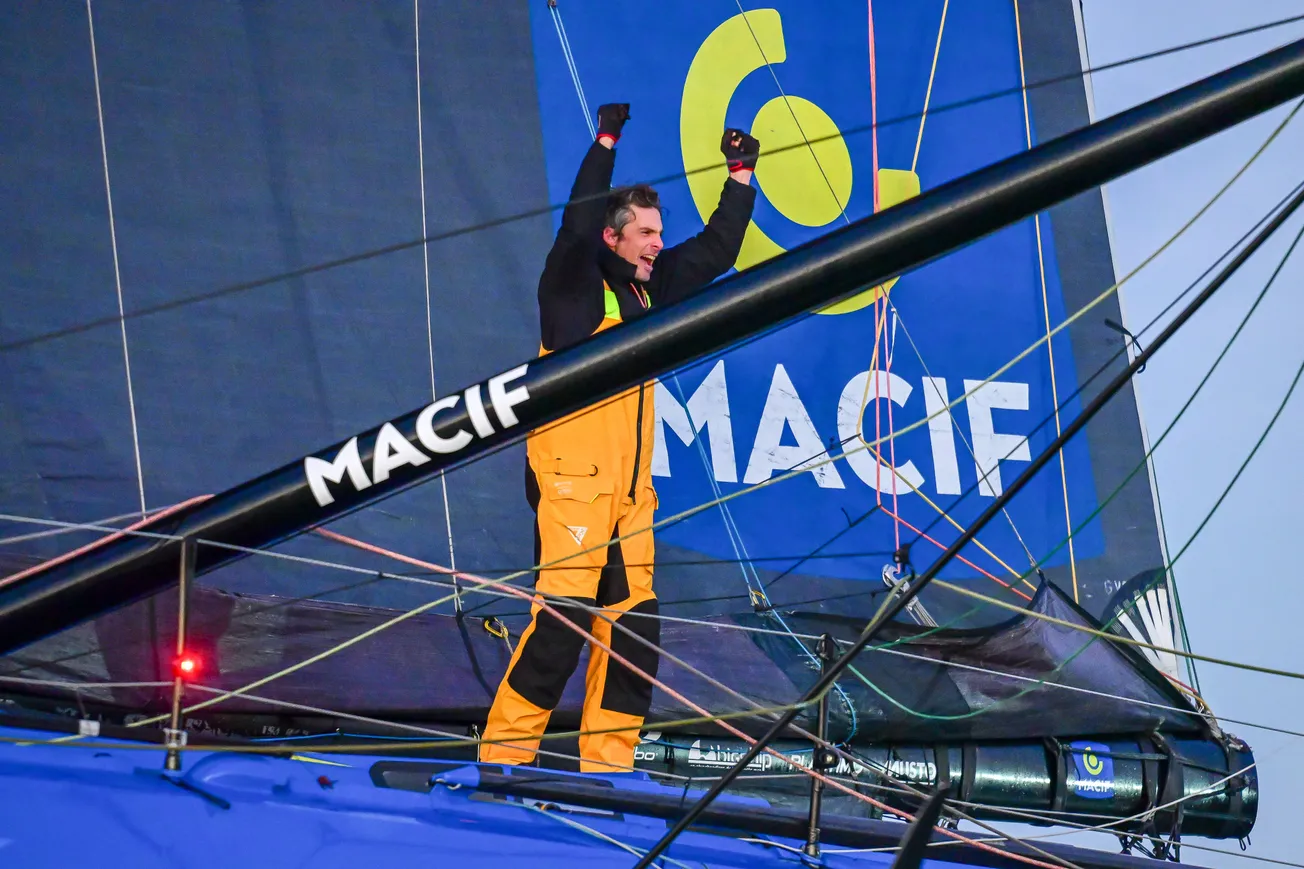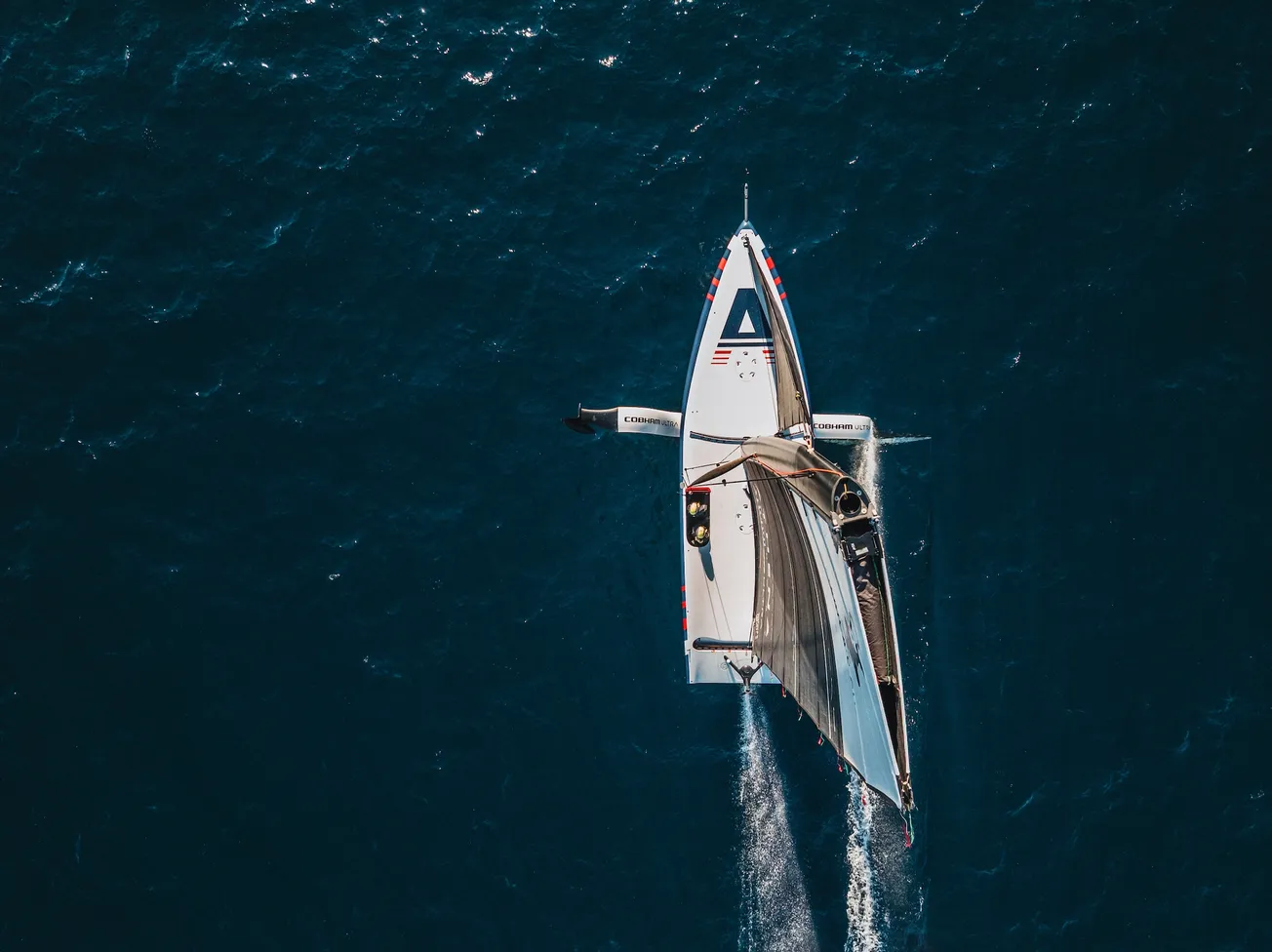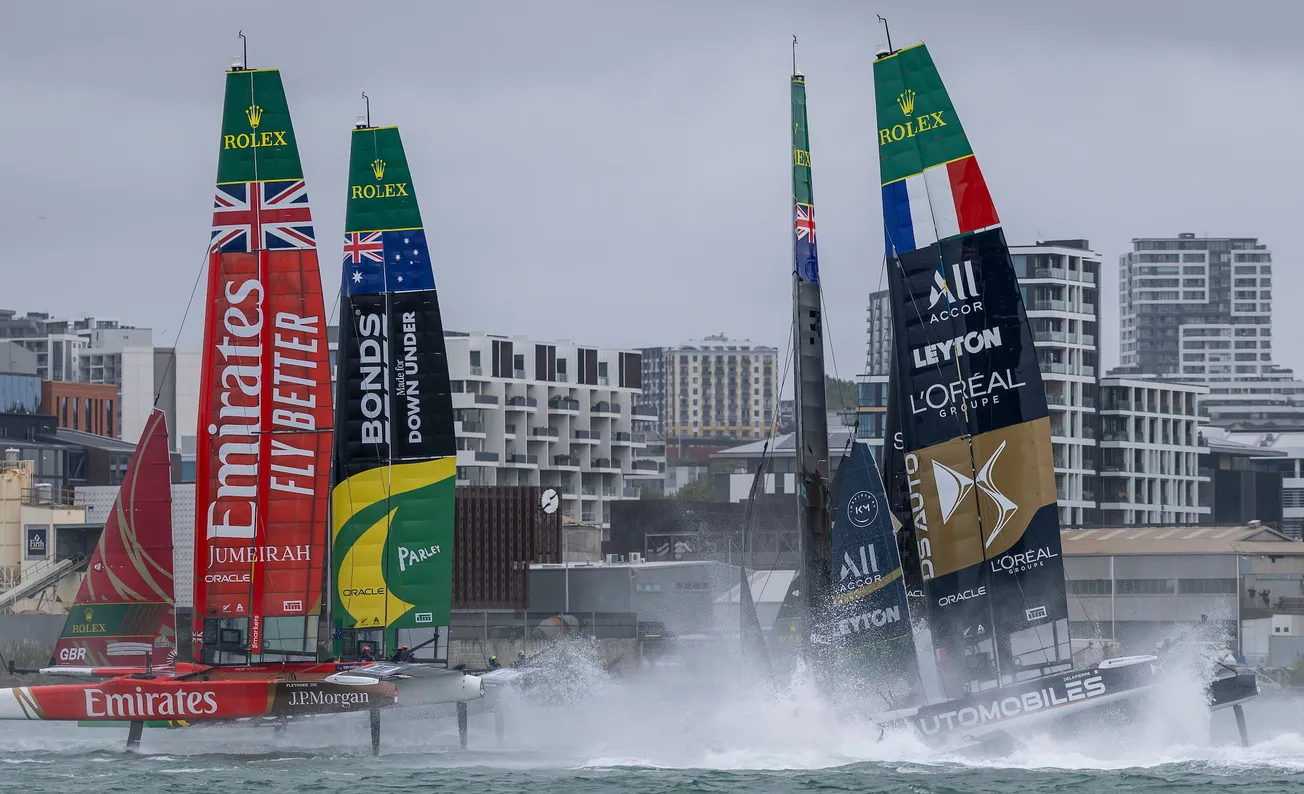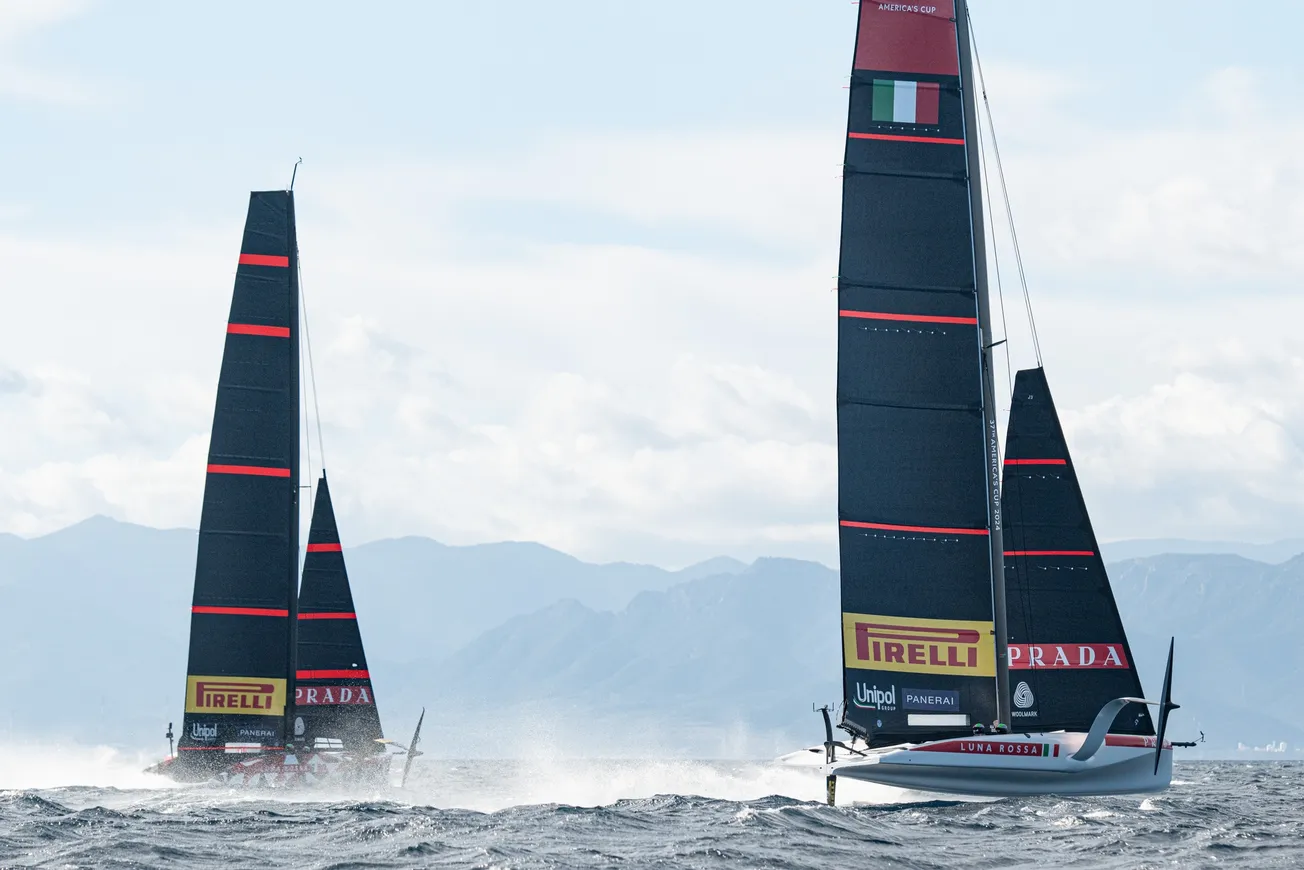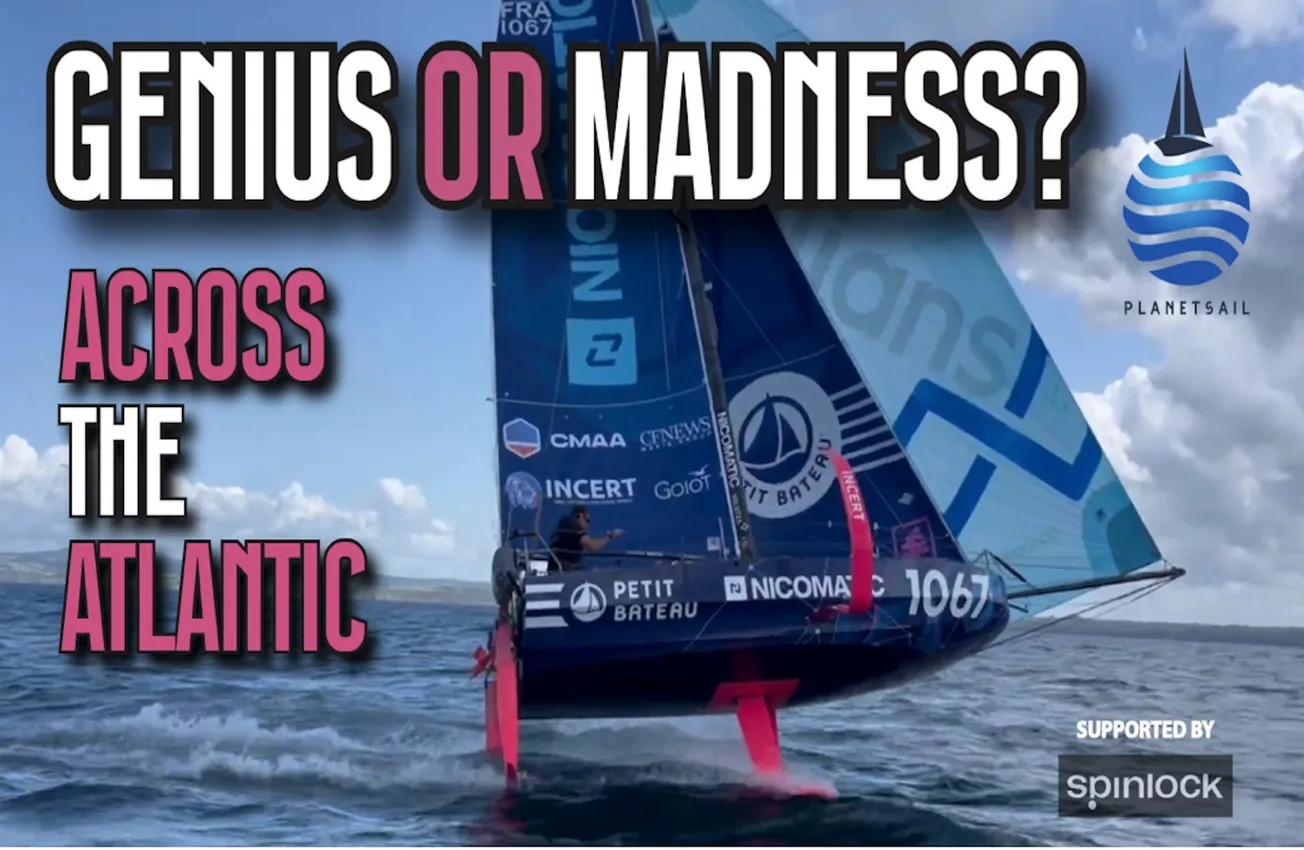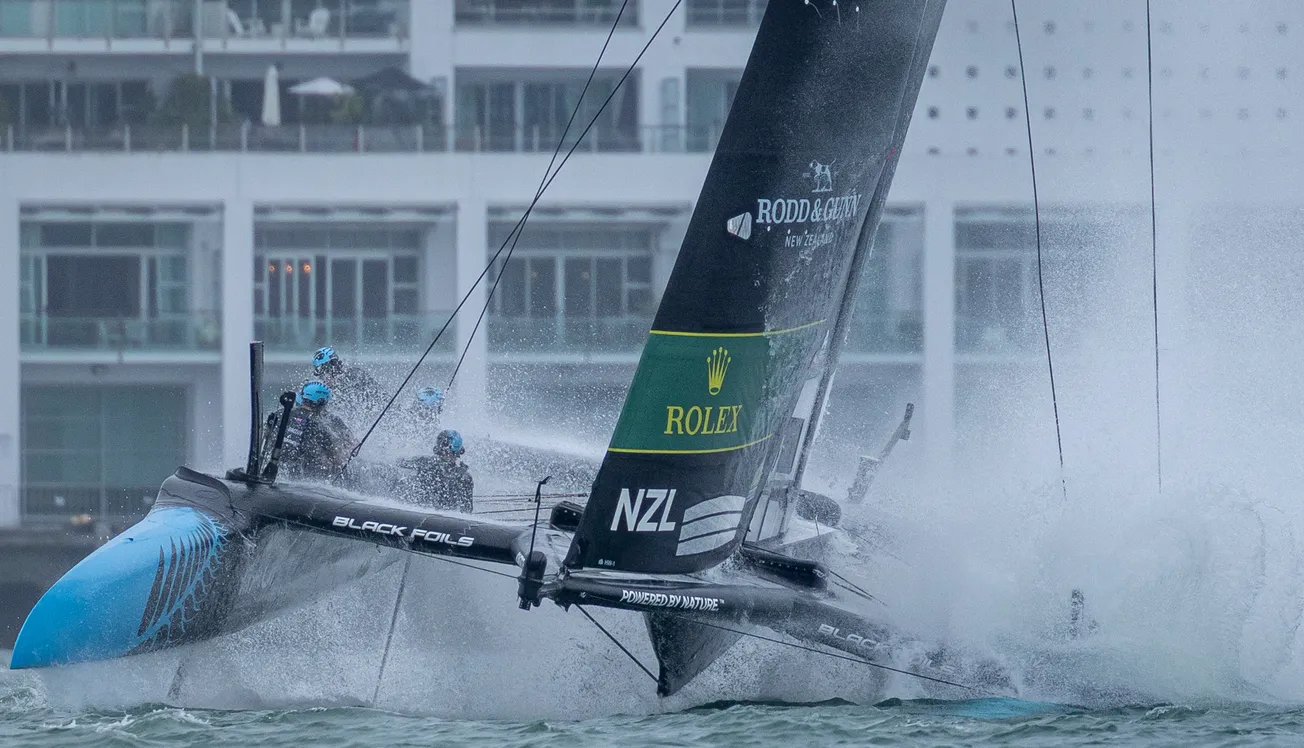Every year sailing teams across the sport spend thousands (if not tens or hundreds of thousands) on upgrading hardware to give the best chance of performance on the water, but how many teams invest in the most valuable asset on the boat – the people?
Sailing is a sport with hugely varying demands depending on the discipline and
conditions, from the dance like movements of dinghy sailing in light winds to the
strength endurance required for stacking sails whilst suffering from sleep deprivation in the Southern Ocean. I defy anyone to think of a sport where the demands can be so varied.
If we consider a race like the Rolex Fastnet Race, which could last between three and seven days for the majority of boats, this is a major undertaking with huge physical effort required to make it to the finish line, before we even consider the performance aspect of trying to achieve the best result possible.
There is plenty that can be done to prepare ahead of the race.
For example, we know that cardiovascular fitness is strongly linked with decision making ability, strength and strength endurance will facilitate managing the loads on board with less fatigue when completing sail changes and manoeuvres – think about short tacking out of the busy Solent as an interval session to start this long-distance race! In addition to the work that happens on deck, if you have poor mobility and flexibility then it is much harder to tolerate the motion of the boat whilst you are off watch, regardless of whether you are in a pipe cot or a cushioned bunk.
Nutrition and hydration play a key part in maintaining energy levels and morale on board. Particularly if you are sailing with a water maker – make sure to take electrolytes to add to the desalinated water to keep hydrated. Dehydration can lead to a loss of concentration, if you are trying to hold a lane across Lyme Bay, give yourself the best chance of maintaining focus for the duration of your watch!
I’ve certainly been guilty of raiding the snack bag looking for a sugary treat on my 2am watch, only for the energy to be short lived and suddenly when it’s my turn to helm, my eyelids feel painfully heavy. There is definitely a place for sweet treats, however try and limit these to a treat bag and make sure you have good quality food avoiding refined sugars which will inevitably lead to an energy crash right at the time someone lee bow tacks you!
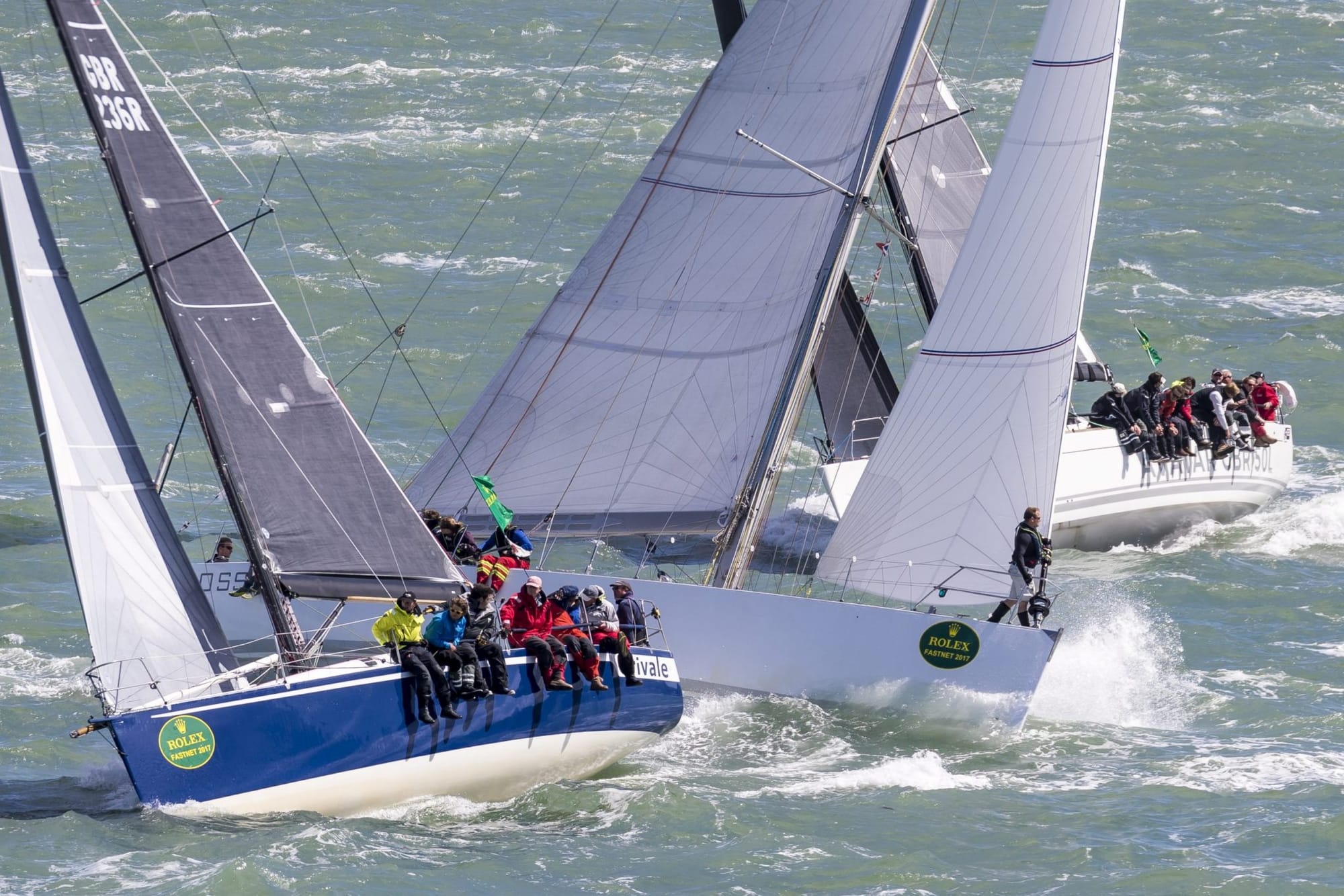
As with so many things in offshore sailing, meticulous planning and discipline on board will pay dividends. Have a think about how to make life on board more comfortable to facilitate sleep for those who are off watch, inflatable pillows can be a game changer and weigh next to nothing, and if they allow you to be more efficient in getting to sleep then this is a performance item.
Sleep deprivation is going to be something that every competitor faces, but have you considered how you are going to limit its impact on your decision making? Fully-crewed boats will be sailing to a watch schedule which is often split by roles on the boat, ensuring you can be sailing fast regardless of who is on deck. But when you make that watch schedule, have you considered if someone will consistently be dealing with the graveyard shift and how that will impact their performance?
Sailing doesn’t discriminate between times of day and races are won and lost on highest average speed, not highest peak speed so ensuring you can take your boat and team through every condition each 24-hour period throws at you is going to be a key performance indicator.
Research into what happens physiologically offshore is sparse but there is emerging evidence from both professional and recreational circuits which can be useful in refining the priorities in terms of physical preparation.
Acute sleep loss is defined as less than six hours of sleep in a 24 hour period – how many of you reach this within the first day of the race? It is well established that sleep deprivation leads to riskier decision making as well as an increased chance of negative mood and a reduced ability to communicate effectively which affects team cohesion. Whilst everyone will be experiencing an element of reduced sleep, by planning your watch system effectively, you can minimise the impacts and ensure you remain in a position to make a well-reasoned decision on strategy.
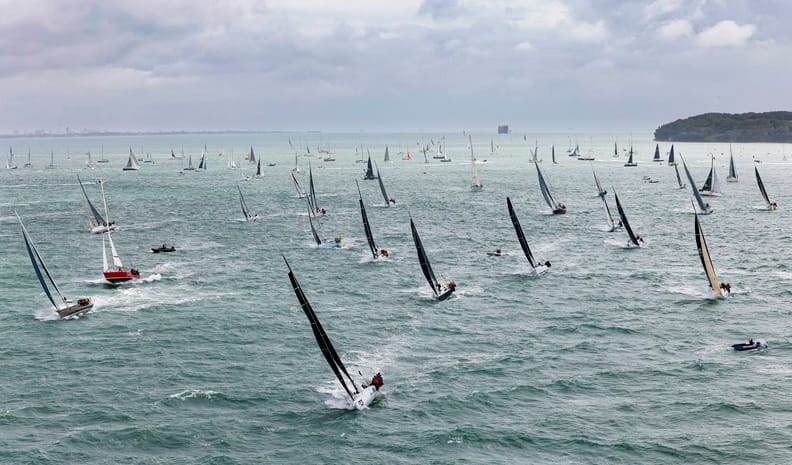
Personalised programming and tailored debriefs which consider the human factor are some of the things that I work with teams to achieve.
Using my experience of offshore racing – as well as an academic background in both Sport Science and Physiotherapy – enables the teams that I work with to know that they are considering the full package: from the technical side of sailing the boat well, to making the most of the most important asset on board – the crew.
With this race only happening biennially, make sure you set yourself up for success by considering all aspects which are linked to performance.
If you would like Hannah to help you and your crew prepare for the Rolex Fastnet Race or any other major event in your schedule then you can contact her through her website.
If you would like Hannah to help you and your crew prepare for the Rolex Fastnet Race or any other major event in your schedule then you can find out more on her website or use the contact button below.
Get all areas access to Yacht Racing Life with a Full Membership free 30-day trial. There's no obligation and you can cancel at anytime.


